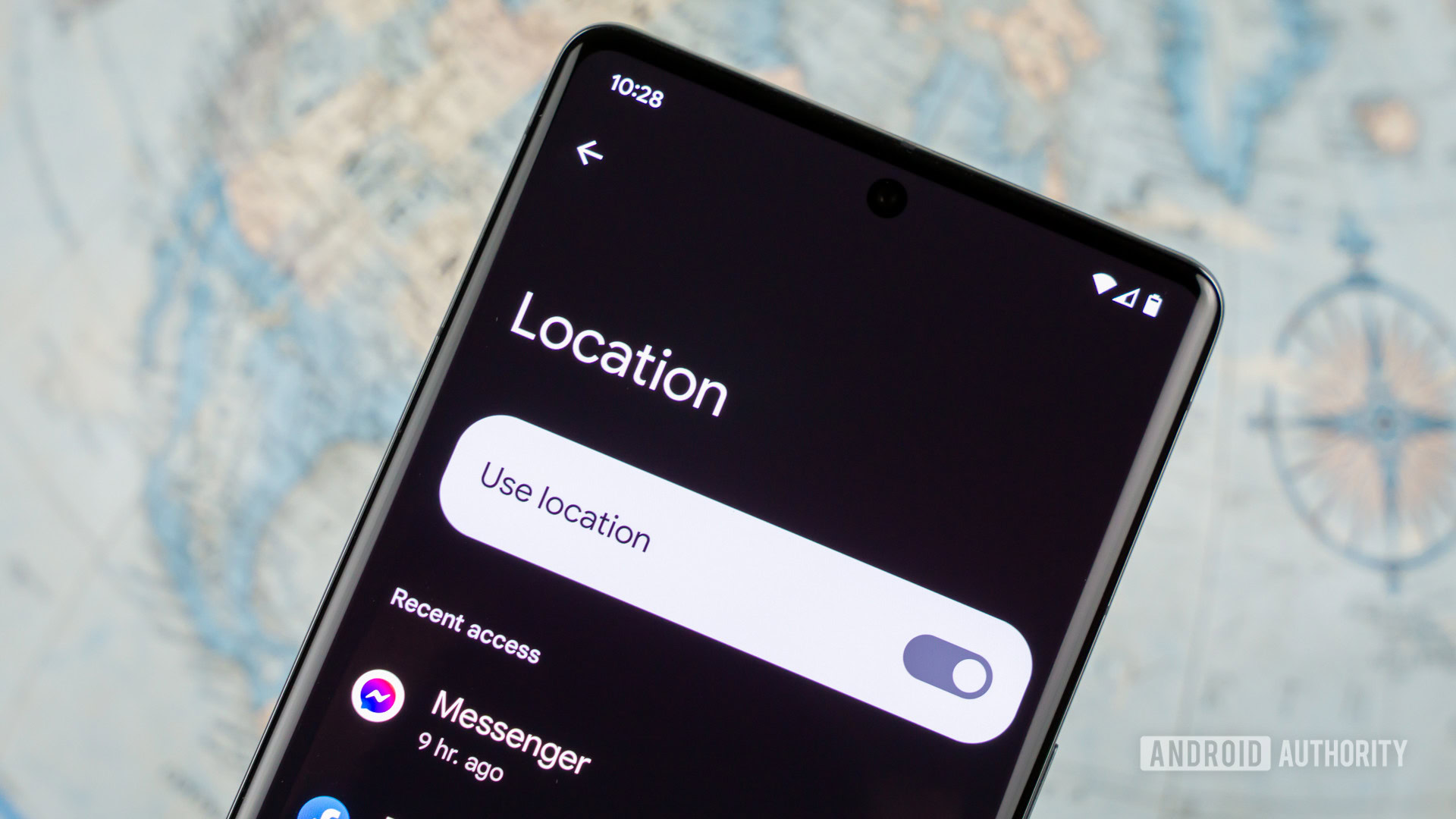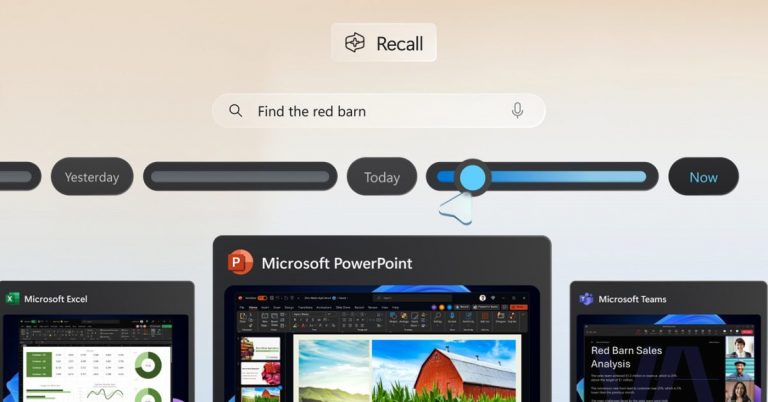Smartphone Surveillance Hack: The Ad-Facilitated Snooping Scandal Uncovered

The Dark Side of Location Data: How Hackers are Intercepting Your Personal Location Information
As we increasingly rely on our smartphones for everyday tasks, we’re constantly sharing our personal information with various apps and services. Among the most valuable commodities is our location data, which can be used to target us with relevant ads and offers. However, a recent report has shed light on the alarming extent to which hackers are intercepting and misusing this data.
Hackers recently stole a massive database containing location information from tens of millions of devices, which, according to reports, originated from the ad-bidding process used by popular apps. This revelation highlights the need for further regulation and transparency in the use of location data.
So, what’s going on here? Let’s break it down.
How It Works: Ad Bidding and Location Data
Ad-driven platforms like Gravy Analytics use real-time bidding (RTB) to connect users with relevant ads. To achieve this, they collect location data from various sources, including GPS and IP addresses. This data is then used to target users with customized ads, ensuring that the messages they receive are relevant to their interests and whereabouts.
While some apps explicitly ask for location permission, many others quietly collect this information without informing users. This lack of transparency raises serious privacy concerns, and the recent hack only exacerbates the issue.
The Hack and Its Consequences
In this particular instance, a hack on Gravy Analytics led to the theft of a massive database containing location data from millions of devices. The hackers, according to reports, have threatened to leak the data unless their demands are met. This incident highlights the potential consequences of ignoring the importance of protecting user data.
What’s Being Done About It?
The Federal Trade Commission (FTC) has already attempted to limit the ability of companies to gather location data without clear consent from users. However, more needs to be done to ensure that users are aware of and have control over their location data.
Protecting Your Location Data
To maintain control over your location data, it’s essential to:
- Regularly review app permissions and opt-out of location sharing when necessary
- Choose apps that prioritize user privacy and opt-out of ad tracking
- Support regulatory efforts to protect location data and increase transparency
- Report any suspicious activity or data breaches to the relevant authorities
Stay Vigilant and Get Involved
As we continue to navigate the complex digital landscape, it’s crucial to stay informed about the latest developments surrounding our personal data. Share your insights and knowledge with us by sending an email to [email protected] or drop us a line on our contact page.





